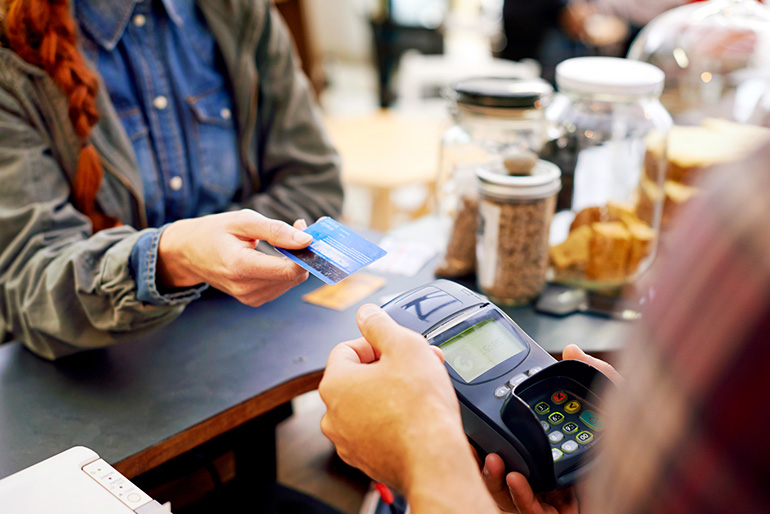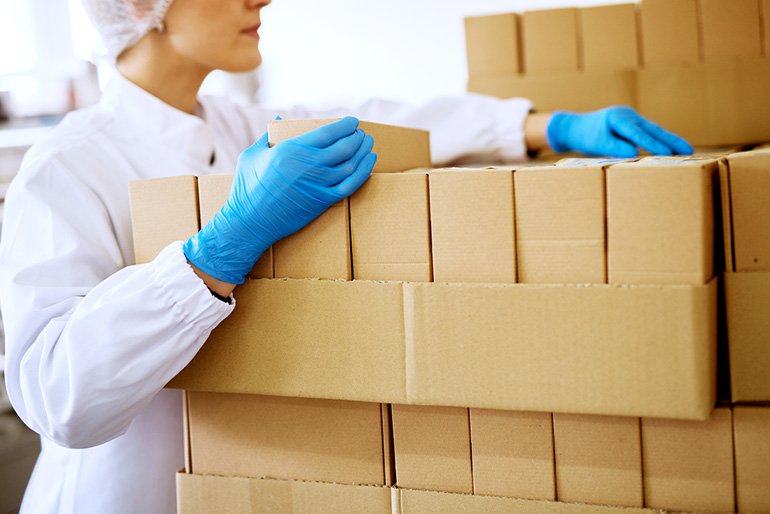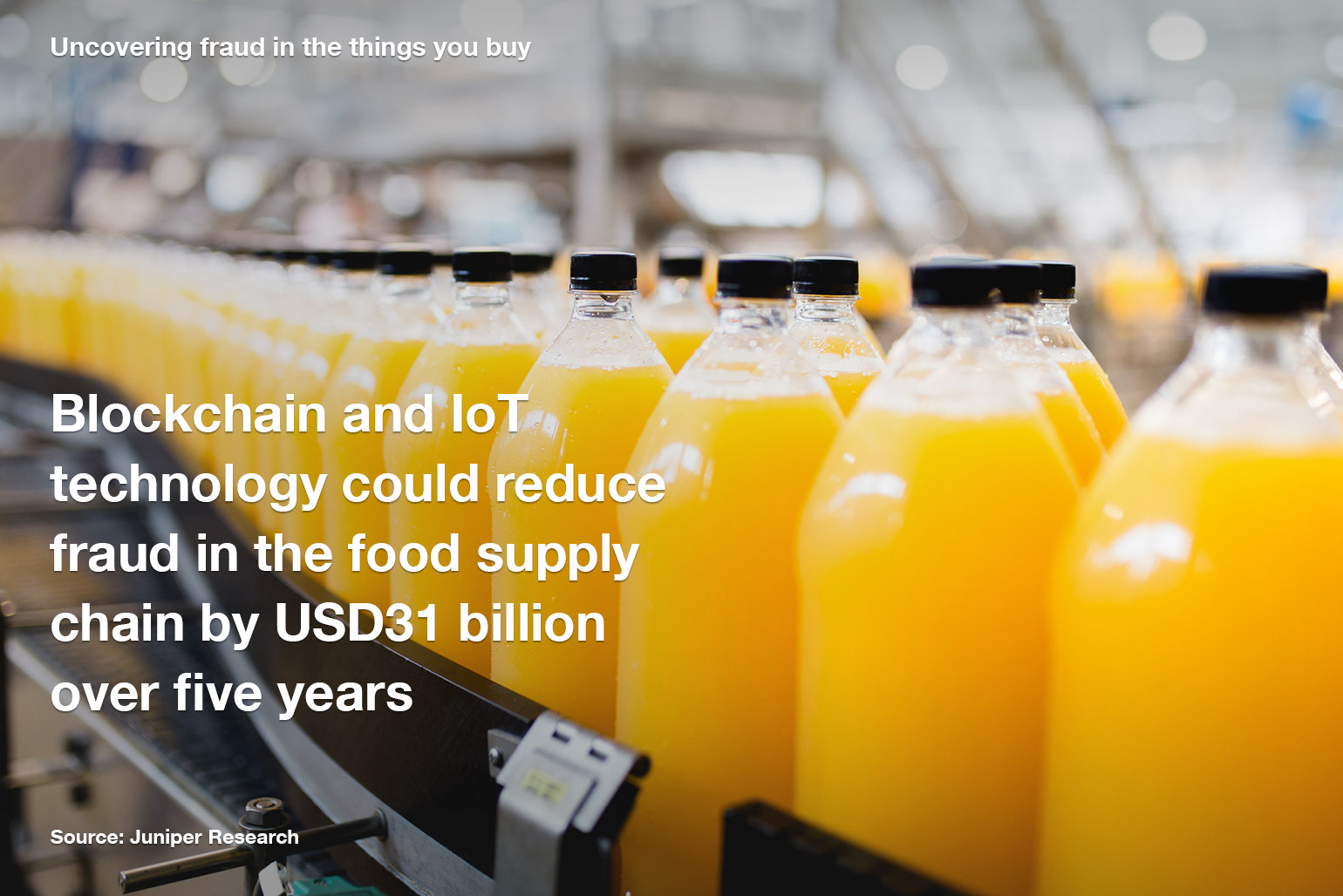Uncovering fraud in the supply chain is a detective story. Meet the detectives


Picture a career in banking or finance and you may think of sharp suits, executive lunches and high-rise city offices. But there’s an army of people, behind the scenes, keeping your money and investments safe by investigating financial fraud.
Unfortunately, fraud is rife in the supply chain resulting in money laundering, non-existent goods, product tampering, false identities and more. So how do we fight bribery, fraud and corruption? Our experts Jamie Brown, Faith Bhaseen and Charlotte Hui explain.
Jamie, as Head of Fraud Intelligence and Investigations at Standard Chartered, you’re an expert in forensic accounting. What does that mean?
Jamie: It can mean different things to different people under different circumstances. It can be the analysis of a firm’s financial statements to identify red flags or it might be reading and analysing customer banking transactions, understanding what they mean and deciphering where that information can lead you.
For example, you can pinpoint a person at a place and time using their finances. If you use your card at a local store, I can place your card at that place and time, which likely means you were there too. This can be helpful if, for example, you live in the UK and use your card in a local shop, but the same card is then used in another part of the world at a similar time. Obviously from a fraud perspective this would be suspicious.
Financial analysis is a vital part of many criminal investigations now, and it can open new avenues. From a business perspective, we look at a lot of large companies and read lots of information from their annual accounts. Do their receivables go up, but their cash balance doesn’t move? Does their cash balance go up, but their interest income doesn’t move? There are lots of anomalies and red flags that are important. And we are currently trying to establish a system where we can proactively spot those red flags before the fraud happens.

Why do you do your job and why is it important?
Jamie: I’ll give you a real-life example. I sit in an office in London and, one day, we helped an elderly lady who was not even a client of SCB. She had sent GBP80,000 to Hong Kong because she thought she was making an investment, but instead, was tricked out of her life savings. That’s awful, right? When you see the human cost, you want to do all you can to help
We must never lose sight of the humans. AI and machine learning and statistics and all the other amazing tools we use don’t excite me in and of themselves, it’s what they can tell me that excites me How we use those tools to identify and stop the frauds, or to take the money from the fraudsters and give it back to the victims is the exciting part.
“Fraud is about humans, not numbers on a spreadsheet.”
Additionally, if we can stop the horrible things connected to fraud, people losing their life savings, organized crime gangs who are connected to other horrible crimes such as wildlife being illegally traded and human trafficking, which is insidiously evil, by seizing the money connected to it, then brilliant. I want to do that.
However, on an individual level it is about getting money back to the people who have been defrauded. Fraud is about humans, not numbers on a spreadsheet. It comes back to that elderly lady who nearly lost everything, we got her money back to her, but that could have been my Mum, or yours. For me, what happened to her was simply not acceptable.
Faith and Charlotte, what are your roles?
Faith: I’m the Head of Asia for Integrated Intelligence and Investigations and Charlotte is a Director within our team. We support intelligence led financial crime investigations. A vital part of our roles, and one we are very passionate about, is connecting all the players who fight fraudsters every day.
It’s about collecting and sharing intelligence with our partners including law enforcement agencies, non-profit organisations and working as part of public private partnerships. We’re very similar to detectives and our key objective is to strengthen the financial services industry by working to piece together the information we need to identify and catch criminals.
What’s the most intriguing case you’ve worked on recently? Has COVID-19 had an impact in the types of fraud you are seeing?
Charlotte: Due to the shortage of personal protective equipment (PPE) and business’s shift to e-commerce, financial fraud and cyber-crime regarding sales of PPE has been increasing. For example, there has been increases in surgical mask scams in Hong Kong. The COVID-19 pandemic has led to some interesting cases, for example instances where new accounts have been opened where the first few transactions related to PPE sales to other countries whilst the profile of those accounts suggests that they should be engaged in other businesses not related to PPE provision. Where there are discrepancies between how we expect accounts to be used and how they are used in practice, this is a red flag which our team may need to investigate further.
The pandemic has also led us to initiate a strategic project to assess customer account activity on a pre-COVID basis with activity during 2020, to assess whether there are any interesting or anomalous patterns of activity for further review.
Do you know where your stuff comes from?
Discover how your daily essentials came to be.
Find out more
Faith: We’ve also proactively looked for transactions and accounts that may be connected to these red flags, specifically suspicious movements of cash, complex fraud schemes and potential corruption. It’s exciting and meaningful work and we’re enthusiastic this is part of our day-to-day work.
Would you say today’s interconnected world (where everyone has a camera phone) is helping to bring more stories of supply chain fraud to light?
Charlotte: Yes, it’s easy to record and report crime today. Thanks to technology certain criminal activities are being disrupted but new scams are always appearing. One of the emerging risks is in cybersecurity (think spoofing, phishing, and business email compromise) where fraudsters are adapting scams and social engineering techniques to make them relevant to COVID-19.
How tricky is it (both for businesses and banks) to ensure the process of supply chain payment is clean in a fast-moving world?
Faith: The extent of the pandemic’s disruption makes it more challenging for banks to identify what should now be deemed suspicious from what is simply normal financial activity. As things have changed so much, we need an assessment period to understand the new norm. It will be some time before banks fully understand the impact of COVID-19 on financial activity but most criminals will have also been surprised and disrupted by the pandemic — just like everyone else.
The bad news is, other criminals, cyber criminals in particular, have moved quickly to take advantage of the rise in buying and selling online to access personal data to steal funds or commit fraud. This is why public-private partnerships between the financial services industry, government, NGOs and law enforcement are so important. However, everyone, including individuals, needs to be vigilant.

There has been talk of fraud around the supply of medical equipment during the pandemic. How does this actually work in practice?
Jamie: It is very easy to complicate these things, but I would advise against that. It’s always about human desire. We are fallible, especially when we’re stressed. Currently, many countries need personal protective equipment or people will die, and so there is a surge in global demand. Suddenly lots of new companies pop-up offering medical equipment that either isn’t up to scratch, or, at the other end of the spectrum simply doesn’t exist.
In times of extreme demand and low supply, like we have now, people get desperate and will buy without taking their usual precautions. Add to that people, and the companies they work for, cannot perform their normal checks because they are working from home. Currently it’s personal protective equipment, ventilators and other equipment, but this type of fraud is not new. The fraudsters are preying on current vulnerabilities and demands, as they always do.
How much of the investigative side of supply chains is old school physical investigation, and how much is modern-day tech like analysing data patterns?
Faith: Our techniques might still include boots on the ground and fieldwork, like site visits to examine a business or interviewing experts and stakeholders. On the hi-tech side, we use data analytics as the real centre piece for our intelligence investigations. We consistently explore new data analytical platforms and tools to centralize bank information to conduct big data analysis to quickly identify potential criminal behaviours. These advanced data analytical tools also assist us to identify and analyze potential high risk clients so we can prioritise our resources on those areas first.
We also monitor and analyze fraud and other trends by collecting information from open sources including the internet, proprietary databases and media alerts, and combine this with our various outreach programs. After analysing those cases we share key observations with bank stakeholders to raise their awareness and advise them of precautions and actions which can be taken.

Some people may think that financial crimes aren’t as harmful as violent crime. What are your thoughts?
Jamie: I think that’s wrong. Take the financial impact of, for example, a large fraud against a company, then look at who and how it impacts. Companies are made up of humans so, if a large company goes bust because of a fraud, thousands of people could lose their jobs, could lose their homes, not just in those companies but in their supply chains as well. The impact of fraud can be felt far and wide and goes beyond numbers on a balance sheet. The impact is real, and it is felt by everyday people.
To keep up with the fraudsters do you always have to keep innovating?
Jamie: It’s Darwinian. The fraudsters are agile and continually evolve their methods, and therefore so must we. Lewis Carroll called it the Red Queen Effect. In one of the Alice in Wonderland books Alice is running with the Red Queen and they must run as fast as you can just to stay where they are… So, to continually innovate, and try to stay ahead, you must understand what the criminals are doing. Without doing that you can never advance – and in fact you will go backwards. In many of the large markets, we’ve been at the forefront of sharing intelligence by working with government bodies and other banks to help us gain the advantage we need, this work will continue.